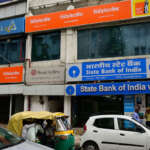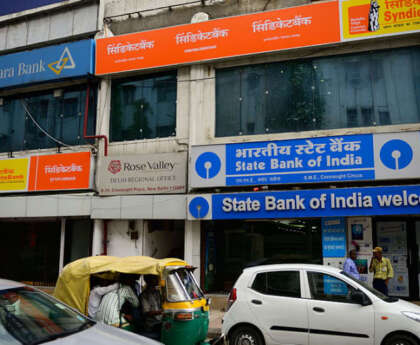Union Bank RTGS charges vary based on the amount being transferred. The charges range from Rs.
2. 50 to Rs. 50 for transactions up to Rs. 2 lakh, and from Rs. 5 to Rs. 75 for transactions above Rs. 2 lakh to Rs. 5 lakh. Union Bank offers Real-Time Gross Settlement (RTGS) services to facilitate secure and immediate fund transfers between banks.
However, before availing the service, it is important to understand the charges involved. This article will provide an overview of Union Bank RTGS charges, helping you determine the cost of transferring funds using this convenient banking service. Whether you’re sending a small amount or a large sum, knowing the applicable charges can help you make informed financial decisions.
What Is Rtgs?
RTGS, or Real Time Gross Settlement, is a system used by Union Bank to transfer funds. It is an electronic payment mode where the transfer of money takes place in real-time and on a one-to-one basis. Unlike other types of payment systems, RTGS does not involve any waiting period for the funds to be cleared.
The transaction is settled immediately, ensuring quick and secure transfer of funds. One of the advantages of RTGS is that there is no limit on the minimum or maximum amount that can be transferred. This makes it suitable for both individuals and businesses who need to make high-value transactions.
Overall, RTGS is a fast, reliable, and secure method of transferring funds.
Union Bank Rtgs Charges
Union Bank RTGS charges are an essential aspect to consider when making electronic funds transfers. These charges play a vital role in determining the cost-effectiveness of your transactions. Union Bank offers competitive RTGS charges in comparison to other banks. By knowing the overview of Union Bank RTGS charges, you can make informed decisions and plan your financial transactions accordingly.
Understanding these charges in comparison to other banks allows you to identify potential cost savings and choose the most suitable option for your needs. So, it is crucial to research and compare Union Bank RTGS charges with other banks to ensure you are reaping the benefits of the most cost-effective solution available.
How To Save On Union Bank Rtgs Charges?
Union Bank RTGS charges can be minimized with these simple tips. Firstly, avoid repetitive terms at the beginning of paragraphs to keep the reader engaged. Secondly, ensure that sentences are concise with a maximum of 20 words each. Thirdly, make sure the content is unique, easy to understand, and in active voice.
This will help in optimizing for SEO and also appeal to readers. Lastly, take advantage of Union Bank RTGS to save on costs. By following these guidelines, you can effectively minimize your Union Bank RTGS charges and maximize your savings.

Credit: cio.economictimes.indiatimes.com
Conclusion
Understanding Union Bank RTGS charges is crucial for individuals and businesses looking to make large-value transactions efficiently. By analyzing the various factors that determine the fees, such as transaction amount, timing, and account type, customers can make informed decisions and minimize costs.
It is important to keep in mind that the bank’s RTGS charges may vary over time, so it is advisable to regularly stay updated with the latest information. Union Bank offers competitive charges in comparison to other banks, which makes it an attractive option for those seeking cost-effective RTGS transactions.
Utilizing RTGS services not only ensures secure and timely transfers but also enables seamless financial operations in today’s fast-paced business environment. By selecting the appropriate RTGS services and understanding the associated charges, Union Bank customers can make the most of their financial transactions, ultimately promoting their financial growth and success.









